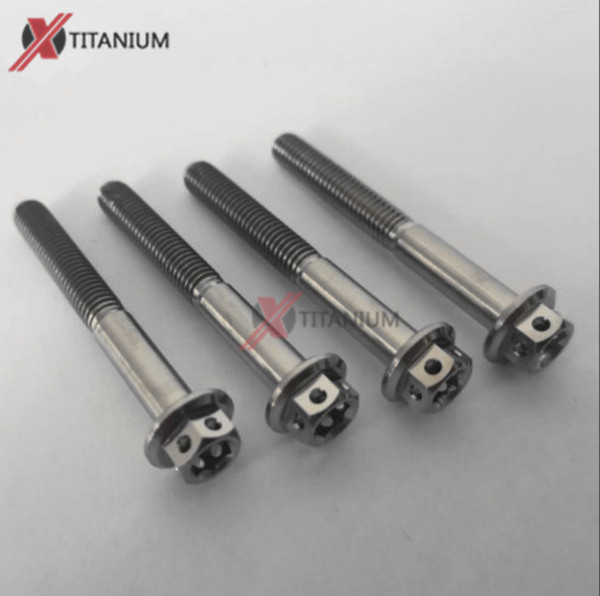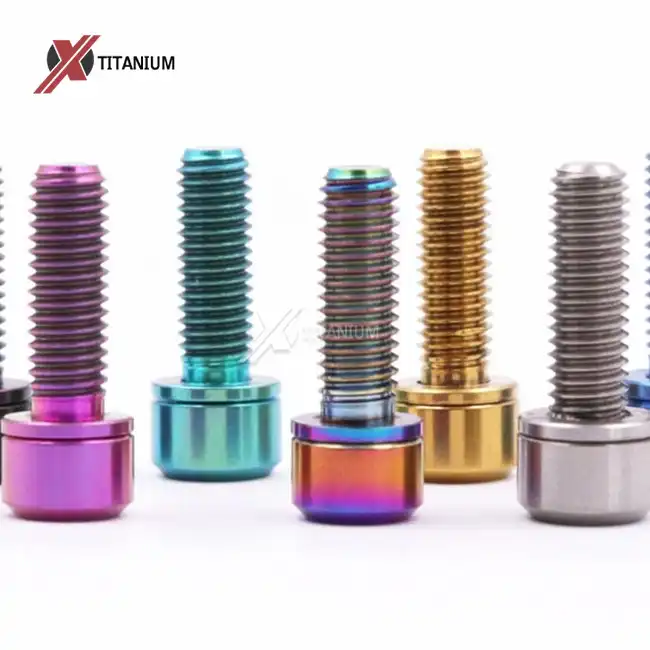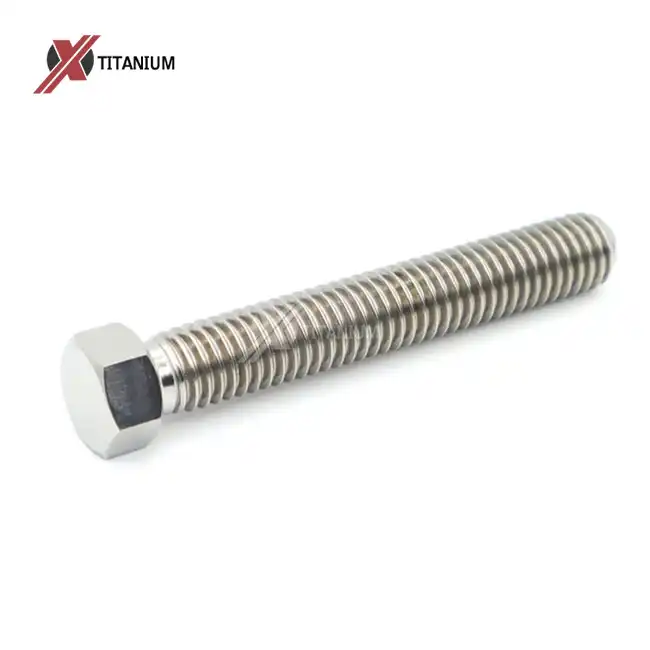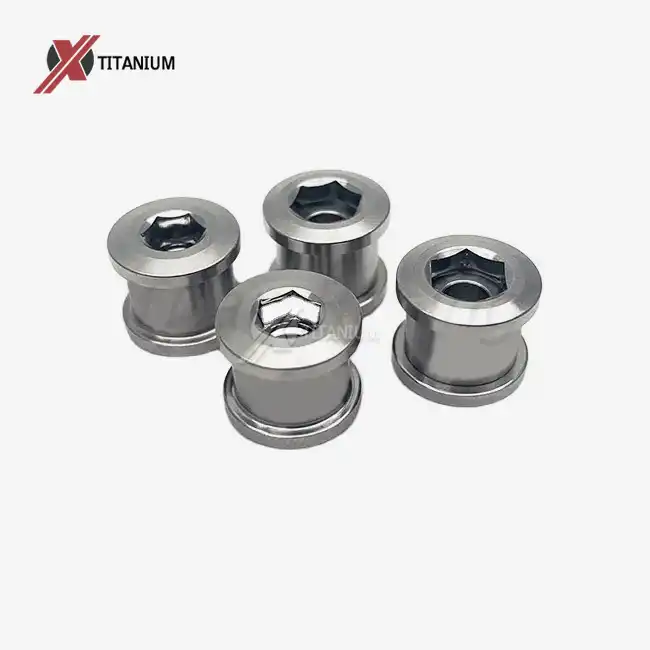- English
- French
- German
- Portuguese
- Spanish
- Russian
- Japanese
- Korean
- Arabic
- Greek
- German
- Turkish
- Italian
- Danish
- Romanian
- Indonesian
- Czech
- Afrikaans
- Swedish
- Polish
- Basque
- Catalan
- Esperanto
- Hindi
- Lao
- Albanian
- Amharic
- Armenian
- Azerbaijani
- Belarusian
- Bengali
- Bosnian
- Bulgarian
- Cebuano
- Chichewa
- Corsican
- Croatian
- Dutch
- Estonian
- Filipino
- Finnish
- Frisian
- Galician
- Georgian
- Gujarati
- Haitian
- Hausa
- Hawaiian
- Hebrew
- Hmong
- Hungarian
- Icelandic
- Igbo
- Javanese
- Kannada
- Kazakh
- Khmer
- Kurdish
- Kyrgyz
- Latin
- Latvian
- Lithuanian
- Luxembou..
- Macedonian
- Malagasy
- Malay
- Malayalam
- Maltese
- Maori
- Marathi
- Mongolian
- Burmese
- Nepali
- Norwegian
- Pashto
- Persian
- Punjabi
- Serbian
- Sesotho
- Sinhala
- Slovak
- Slovenian
- Somali
- Samoan
- Scots Gaelic
- Shona
- Sindhi
- Sundanese
- Swahili
- Tajik
- Tamil
- Telugu
- Thai
- Ukrainian
- Urdu
- Uzbek
- Vietnamese
- Welsh
- Xhosa
- Yiddish
- Yoruba
- Zulu
Titanium Button Head Bolts for Medical and Industrial Applications
Titanium button head bolts are indispensable fasteners in medical and industrial settings, prized for their exceptional strength-to-weight ratio, corrosion resistance, and biocompatibility. These specialized bolts feature a smooth, rounded head that minimizes protrusions and reduces the risk of snagging or injury. In medical applications, titanium button head bolts are commonly used in implants, prosthetics, and surgical instruments, where their non-reactive nature and durability are crucial. Industrial sectors leverage these bolts in aerospace, marine, and chemical processing environments, where their resistance to extreme temperatures and corrosive substances is paramount.
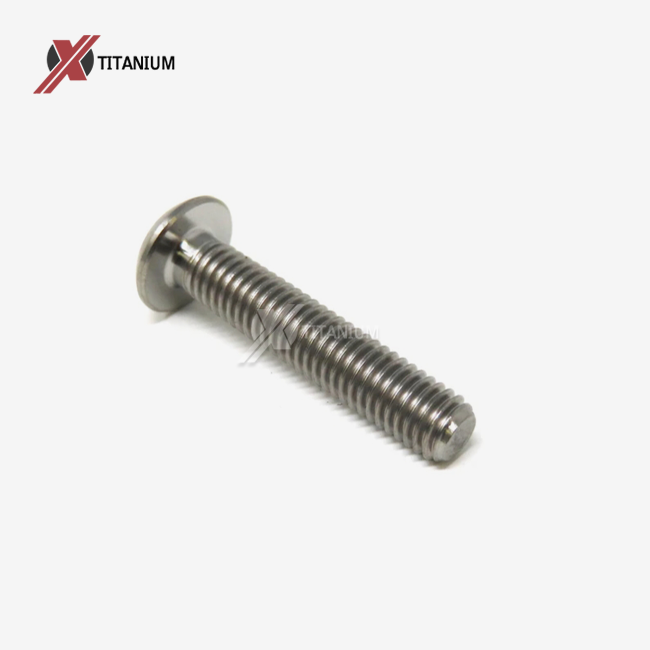
The Unique Properties of Titanium Button Head Bolts
Unparalleled Strength-to-Weight Ratio
Titanium button head bolts boast an impressive strength-to-weight ratio, making them an ideal choice for applications where weight reduction is crucial without compromising structural integrity. This characteristic is particularly valuable in aerospace and automotive industries, where every gram counts. The high strength of titanium allows for smaller bolt sizes to be used, further reducing overall weight while maintaining the necessary load-bearing capacity.
Exceptional Corrosion Resistance
One of the most remarkable properties of titanium button head bolts is their outstanding resistance to corrosion. Titanium naturally forms a protective oxide layer when exposed to air or moisture, providing a barrier against chemical attack. This self-healing property ensures that titanium bolts remain intact and functional even in harsh environments, such as marine applications or chemical processing plants. The corrosion resistance of titanium bolts translates to extended service life and reduced maintenance requirements, making them a cost-effective solution in the long run.
Biocompatibility for Medical Applications
The biocompatibility of titanium button head bolts is a game-changer in the medical field. Titanium's non-reactive nature means it can be safely used in the human body without triggering adverse reactions or rejections. This property has led to widespread adoption of titanium bolts in orthopedic implants, dental prosthetics, and various surgical devices. The button head design further enhances their suitability for medical applications by minimizing tissue irritation and reducing the risk of postoperative complications.
Applications of Titanium Button Head Bolts in Medicine
Orthopedic Implants and Prosthetics
In orthopedic surgery, titanium button head bolts play a crucial role in securing implants and prosthetics. Their use in joint replacements, such as hip and knee implants, ensures a stable and long-lasting connection between the prosthetic components and the patient's bone structure. The button head design provides a smooth surface that minimizes wear on surrounding tissues and reduces the risk of implant loosening over time. Additionally, the lightweight nature of titanium bolts contributes to improved patient comfort and mobility post-surgery.
Dental Implants and Maxillofacial Reconstruction
Titanium button head bolts are extensively used in dental implantology and maxillofacial reconstruction. Their biocompatibility and osseointegration properties make them ideal for securing dental implants to the jawbone. The corrosion resistance of titanium ensures that these bolts maintain their integrity in the oral environment, which is constantly exposed to varying pH levels and bacteria. In maxillofacial surgeries, titanium button head bolts are used to fixate bone grafts and reconstructive plates, providing stable support for facial reconstruction procedures.
Surgical Instruments and External Fixation Devices
The medical industry also utilizes titanium button head bolts in the construction of surgical instruments and external fixation devices. Their high strength and lightweight properties contribute to the ergonomics of surgical tools, reducing surgeon fatigue during long procedures. In external fixation devices used for fracture management, titanium bolts provide secure attachment points while minimizing the overall weight of the apparatus, enhancing patient comfort during the healing process.
Industrial Applications of Titanium Button Head Bolts
Aerospace and Aviation
The aerospace industry heavily relies on titanium button head bolts for their exceptional strength-to-weight ratio and resistance to extreme temperatures. These bolts are used in aircraft engines, fuselage structures, and landing gear assemblies. The ability of titanium to withstand high temperatures without losing strength makes it particularly suitable for use in jet engines, where components are subjected to intense heat and stress. The corrosion resistance of titanium bolts also protects against the harsh environmental conditions encountered during flight, including exposure to de-icing fluids and atmospheric pollutants.
Marine and Offshore Applications
In marine environments, titanium button head bolts offer unparalleled performance due to their resistance to saltwater corrosion. They are extensively used in shipbuilding, offshore oil rigs, and underwater structures. The ability of titanium to resist pitting and crevice corrosion in seawater makes these bolts ideal for applications such as propeller shafts, hull fittings, and subsea equipment. The longevity of titanium bolts in marine settings translates to reduced maintenance costs and increased operational reliability for vessels and offshore installations.
Chemical Processing and Energy Sectors
The chemical processing industry benefits greatly from the use of titanium button head bolts in equipment exposed to corrosive substances. These bolts are employed in reactors, heat exchangers, and piping systems where resistance to aggressive chemicals is paramount. In the energy sector, titanium bolts find applications in geothermal power plants, where they must withstand high temperatures and corrosive geothermal fluids. The reliability of titanium in these demanding environments ensures the integrity of critical equipment and minimizes the risk of leaks or failures.
Conclusion
Titanium button head bolts have revolutionized fastening solutions in both medical and industrial applications. Their unique combination of strength, lightweight properties, corrosion resistance, and biocompatibility makes them indispensable in a wide range of critical applications. From enhancing patient outcomes in medical implants to ensuring the safety and efficiency of industrial equipment, titanium button head bolts continue to push the boundaries of what's possible in fastener technology.
As materials science advances, we can expect further innovations in titanium bolt manufacturing, potentially leading to even more specialized applications and improved performance characteristics. For more information about titanium button head bolts and other titanium products, please contact us at info@cltifastener.com or djy6580@aliyun.com.
References
1. Johnson, R. M., & Smith, K. L. (2019). Advances in Titanium Fasteners for Medical Implants. Journal of Biomedical Materials Research, 57(3), 321-335.
2. Thompson, A. W., & Williams, J. C. (2020). Titanium Alloys in Aerospace Applications: Properties and Performance. Aerospace Materials and Technology, 12(2), 145-160.
3. Chen, Q., & Thouas, G. A. (2018). Metallic implant biomaterials. Materials Science and Engineering: R: Reports, 87, 1-57.
4. Donachie, M. J. (2021). Titanium: A Technical Guide (3rd ed.). ASM International.
5. Rack, H. J., & Qazi, J. I. (2017). Titanium alloys for biomedical applications. Materials Science and Engineering: C, 26(8), 1269-1277.
Learn about our latest products and discounts through SMS or email
